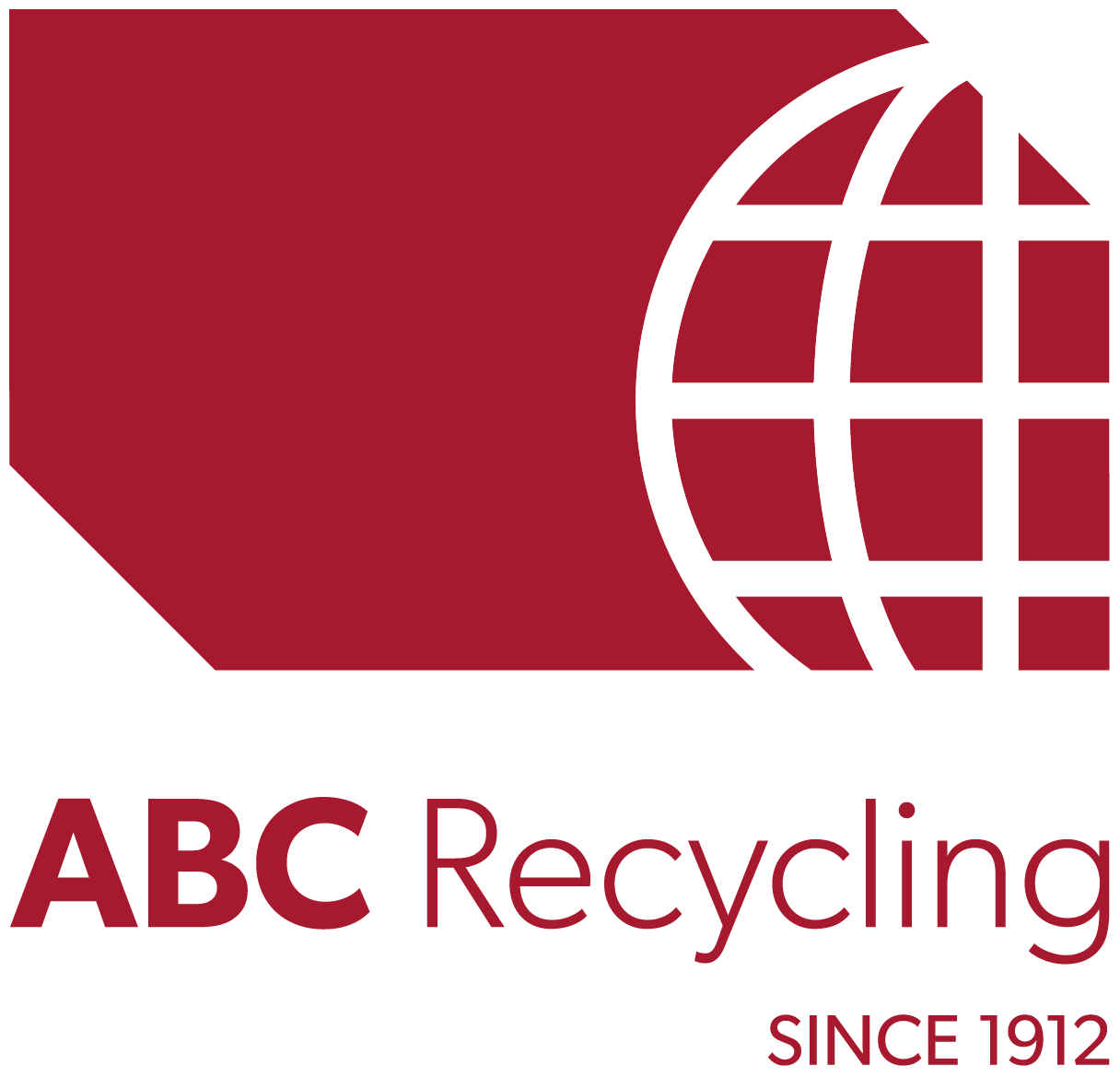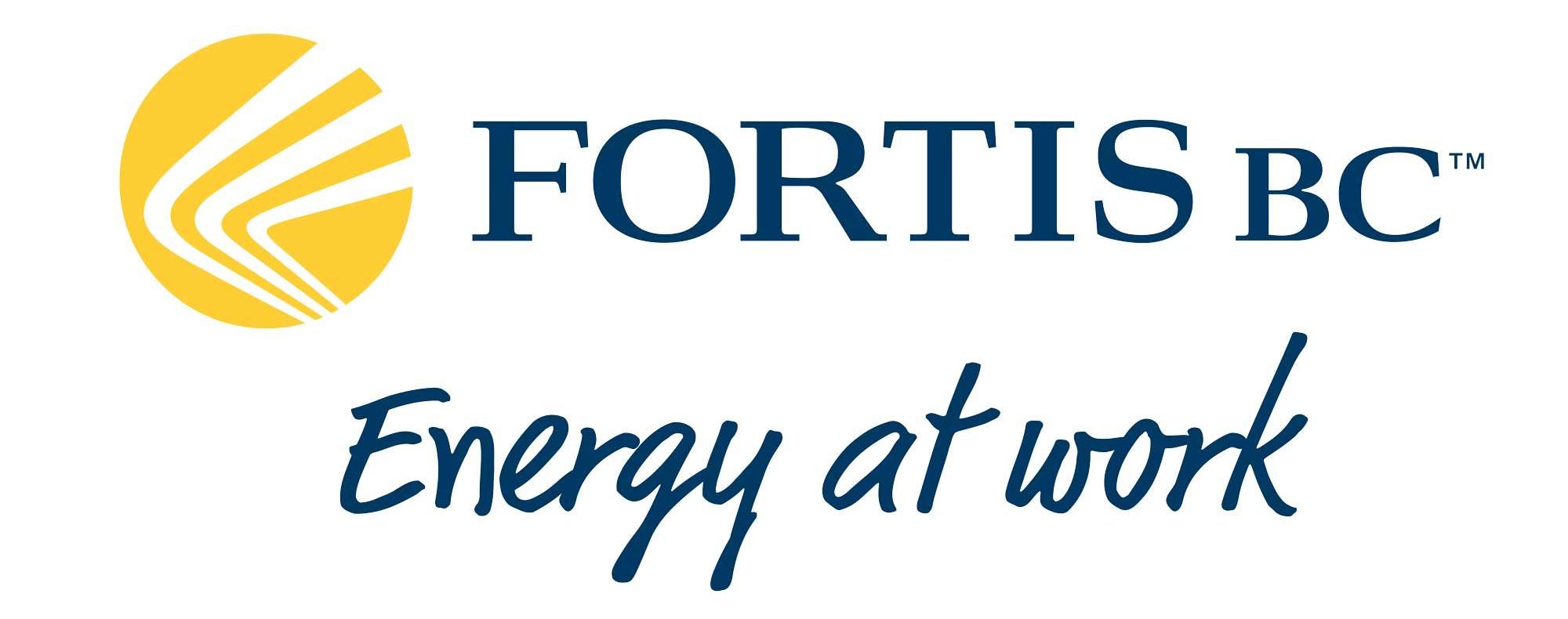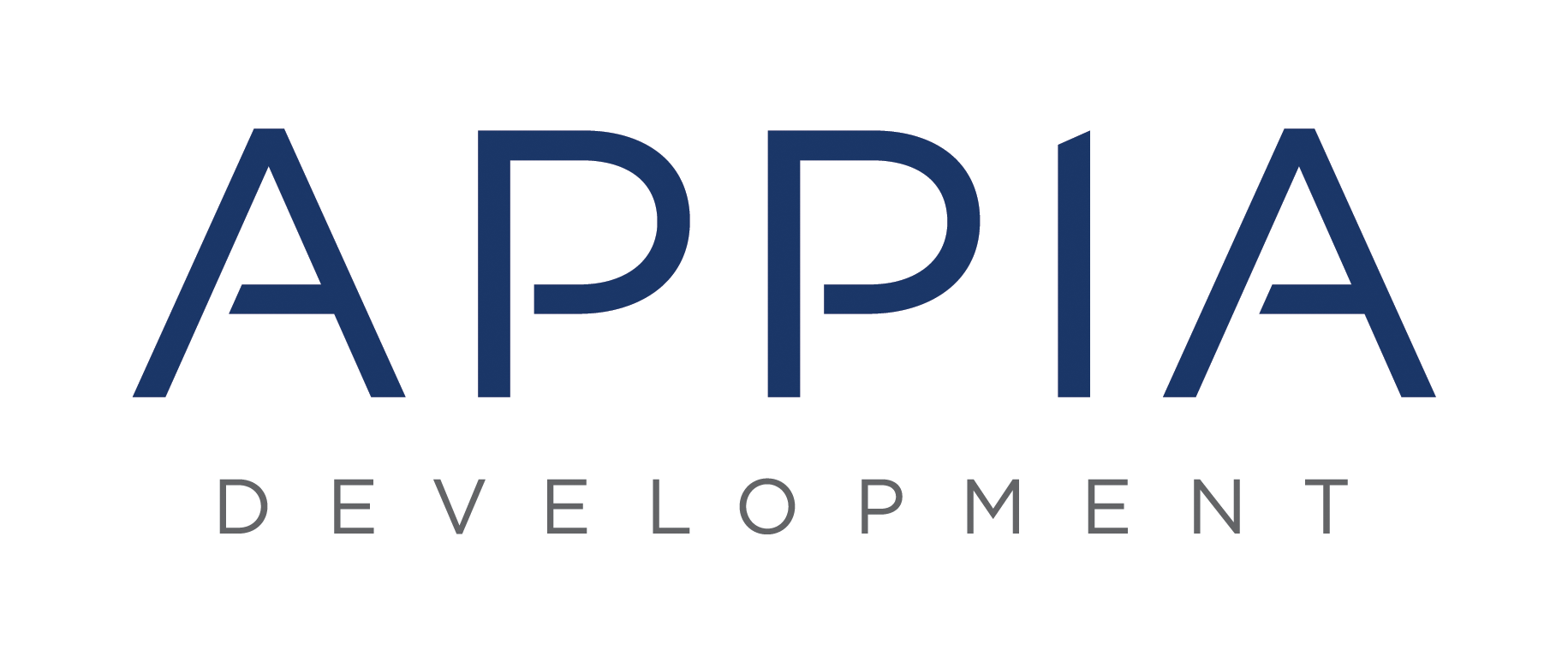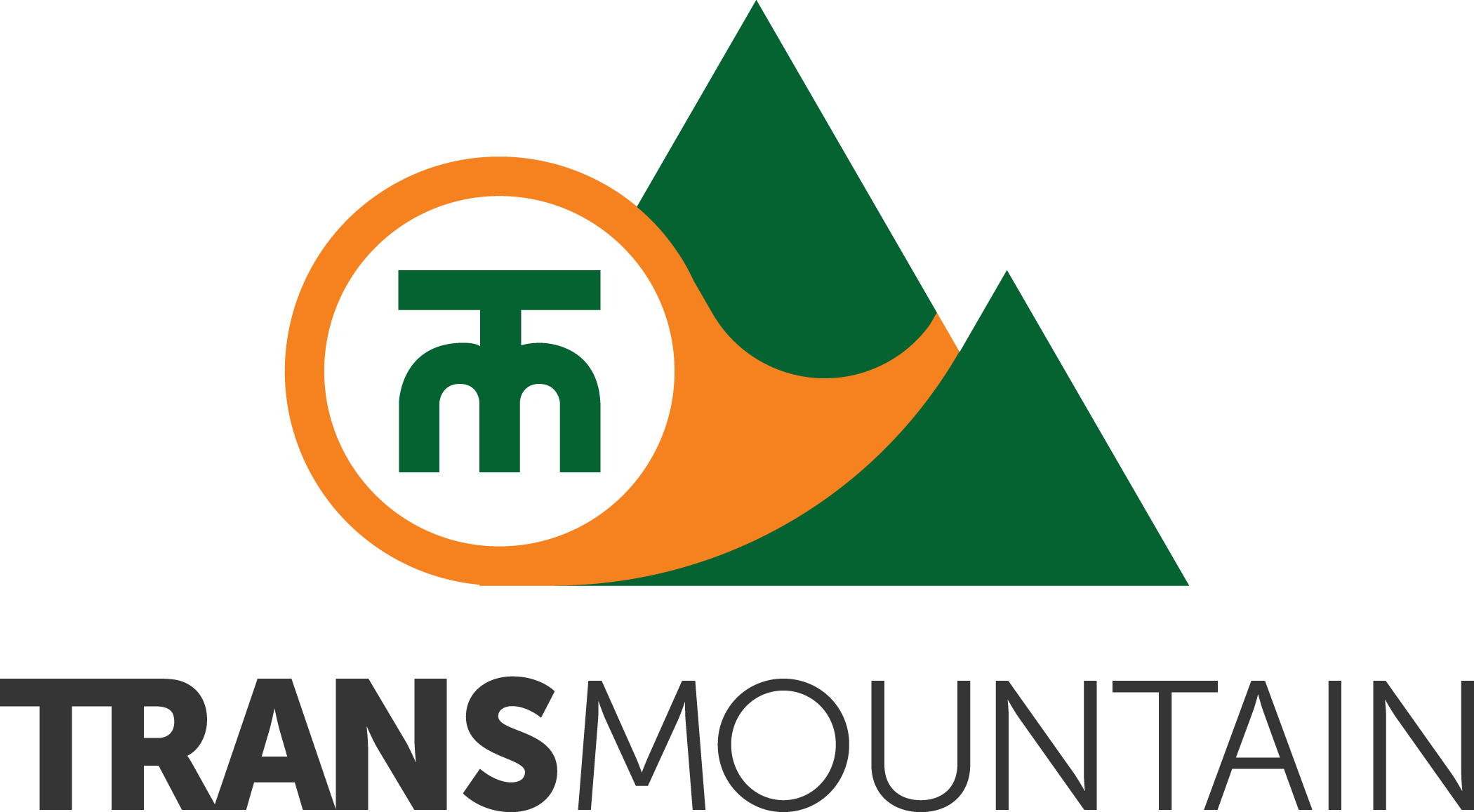BBOT Policy Bulletin: Canada Pension Plan Changes
On Monday, federal Minister of Finance Bill Morneau announced an agreement in principle reached with the majority of provincial finance ministers to change the Canada Pension Plan (CPP) that will increase contributions as well as benefits paid out to retirees.
For beneficiaries, once fully implemented the CPP will provide replacement income equal to 33% of pensionable earnings (up from 25%) — for example, a worker with $50,000 in consistent earnings would receive CPP benefits of $16,000 instead of the $12,000 they would receive today, or $4,000 more per year.
To pay for these enhancements, CPP contribution rates will be increased but the exact details have not been formally released. Reports suggest that mandatory contributions will be gradually increased by 2% to cover these enhanced benefits. This will increase the payroll costs/taxes that businesses pay for each employee.
Currently, workers and employers in Canada each pay 4.95% of a person’s earnings (between $3,500 and $54,900) into the CPP, while the self-employed pay the full 9.9% themselves. It appears that the plan agreed to will increase CPP contributions by one per cent for both employers and employees to 5.95% of salaries, to a total of 11.9%. The maximum salary covered by the CPP will also increase from $54,900 to $82,700 by 2025.
This 11.9% of salaries in contributions will continue to be split evenly between employee and employer, while self-employed individuals will continue to contribute the full amount. This will increase the payroll costs/taxes that businesses pay for each employee.
The changes to the CPP look to be phased in over a 7-year period beginning on January 1, 2019 and ending in 2025.
The Canadian Chamber of Commerce has expressed concern about the impact these increased payroll costs will have on the bottom lines of Canadian businesses. There are additional concerns about the impacts on hiring, wage growth, and consumer spending as individual’s take-home pay is reduced.
The Burnaby Board of Trade will continue to monitor these CPP changes as details emerge and ensure the concerns of the business community are heard.
If you have thoughts about the CPP changes or concerns about how it might impact your business, we welcome your comments. Please feel free to contact Cory Redekop, Manager-Policy & Events, at cory@bbot.ca at any time.
For more information, please see:





















connect with us